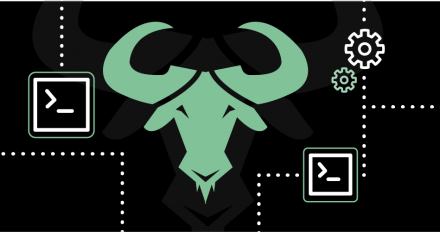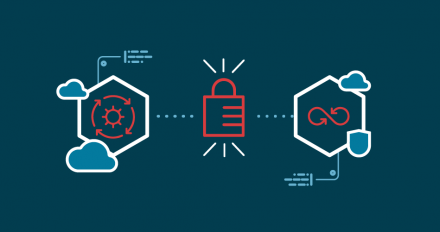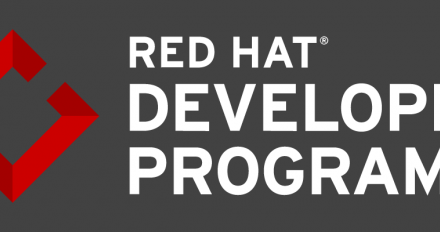Nick Clifton
Born in Canada, raised in the UK. Joined Cygnus in the US, which then became part of Red Hat. Now back in the UK, working remotely and enjoying every minute of it.
Nick Clifton's contributions

Article
A practical guide to linker section ordering
Nick Clifton
Learn how to use a linker's section ordering feature to experiment with the layout of code and data in memory, without the need to write full linker scripts.

Article
Build your own tool to search for code sequences in binary files
Nick Clifton
Create scanning tools that search for specific instruction sequences in binary files. These tools help you verify compiled executable security and uniformity.

Article
Tips for writing portable assembler with GNU Assembler (GAS)
Nick Clifton
Get quick tips for solving problems with comments, data, symbols, instructions, and sections in portable GNU Assembler (GAS) assembly code.

Article
How to store large amounts of data in a program
Nick Clifton
We explain how to include large data files into the body of an executable program so that it's there when the program runs.

Article
Annocheck: Examining the contents of binary files
Nick Clifton
Annocheck a new utility to examine how a binary was built and to check that it has all of the appropriate security hardening features enabled. It also has several other modes that perform different kinds of examination of binary files.

Article
GNU Toolchain Update - Spring 2018
Nick Clifton
This blog is part of a series covering the latest changes and improvements in the Spring 2018 GNU Toolchain Update and components that make up this Toolchain. Apart from the announcement of new releases, however, the features described here are at the bleeding edge of software development in the tools.

Article
Annobin - Storing Extra Information in Binaries
Nick Clifton
Compiled files, often called binaries, are a mainstay of modern computer systems. It is often hard for system builders and users to find out more than just very basic information about these files. The Annobin project exists as means to understand how the binary was built and what testing was performed on the binary.

Article
Fall 2017 GNU Toolchain Update Part 4
Nick Clifton
(Part 4)The GNU Toolchain is a collection of programming tools produced by the GNU Project. The tools are often packaged together due to their common use for developing software applications, operating systems, and low-level software for embedded systems. This blog is part of a regular series covering the latest changes and improvements in the components that make up this Toolchain. Apart from the announcement of new releases, however, the features described here are at the bleeding edge of software development...

A practical guide to linker section ordering
Learn how to use a linker's section ordering feature to experiment with the layout of code and data in memory, without the need to write full linker scripts.

Build your own tool to search for code sequences in binary files
Create scanning tools that search for specific instruction sequences in binary files. These tools help you verify compiled executable security and uniformity.

Tips for writing portable assembler with GNU Assembler (GAS)
Get quick tips for solving problems with comments, data, symbols, instructions, and sections in portable GNU Assembler (GAS) assembly code.

How to store large amounts of data in a program
We explain how to include large data files into the body of an executable program so that it's there when the program runs.

Annocheck: Examining the contents of binary files
Annocheck a new utility to examine how a binary was built and to check that it has all of the appropriate security hardening features enabled. It also has several other modes that perform different kinds of examination of binary files.

GNU Toolchain Update - Spring 2018
This blog is part of a series covering the latest changes and improvements in the Spring 2018 GNU Toolchain Update and components that make up this Toolchain. Apart from the announcement of new releases, however, the features described here are at the bleeding edge of software development in the tools.

Annobin - Storing Extra Information in Binaries
Compiled files, often called binaries, are a mainstay of modern computer systems. It is often hard for system builders and users to find out more than just very basic information about these files. The Annobin project exists as means to understand how the binary was built and what testing was performed on the binary.

Fall 2017 GNU Toolchain Update Part 4
